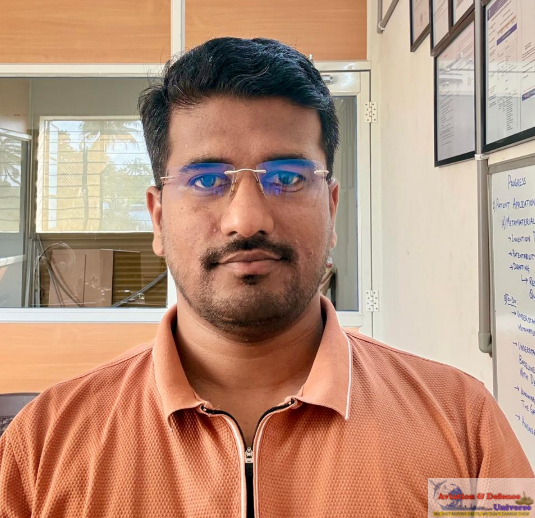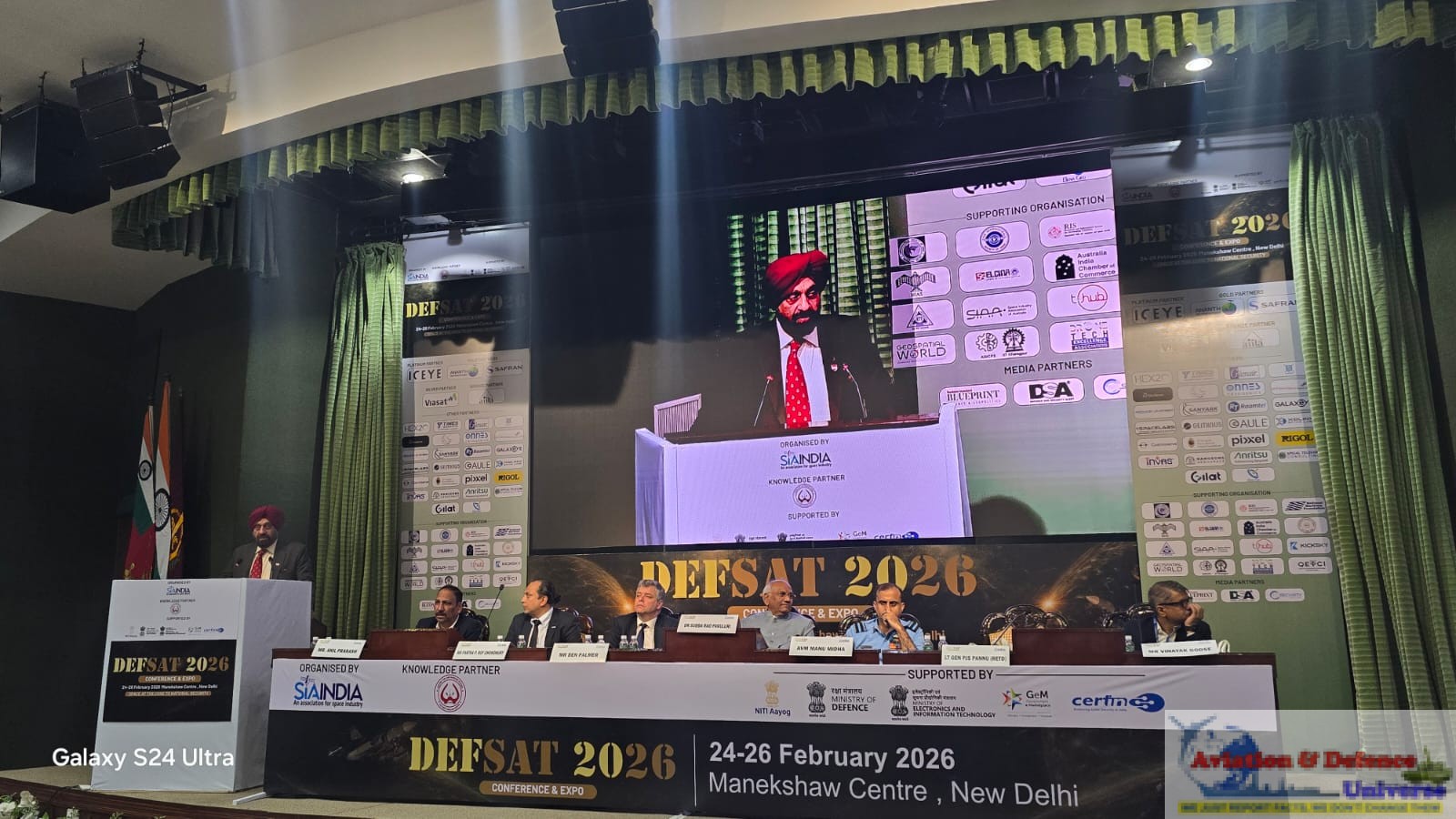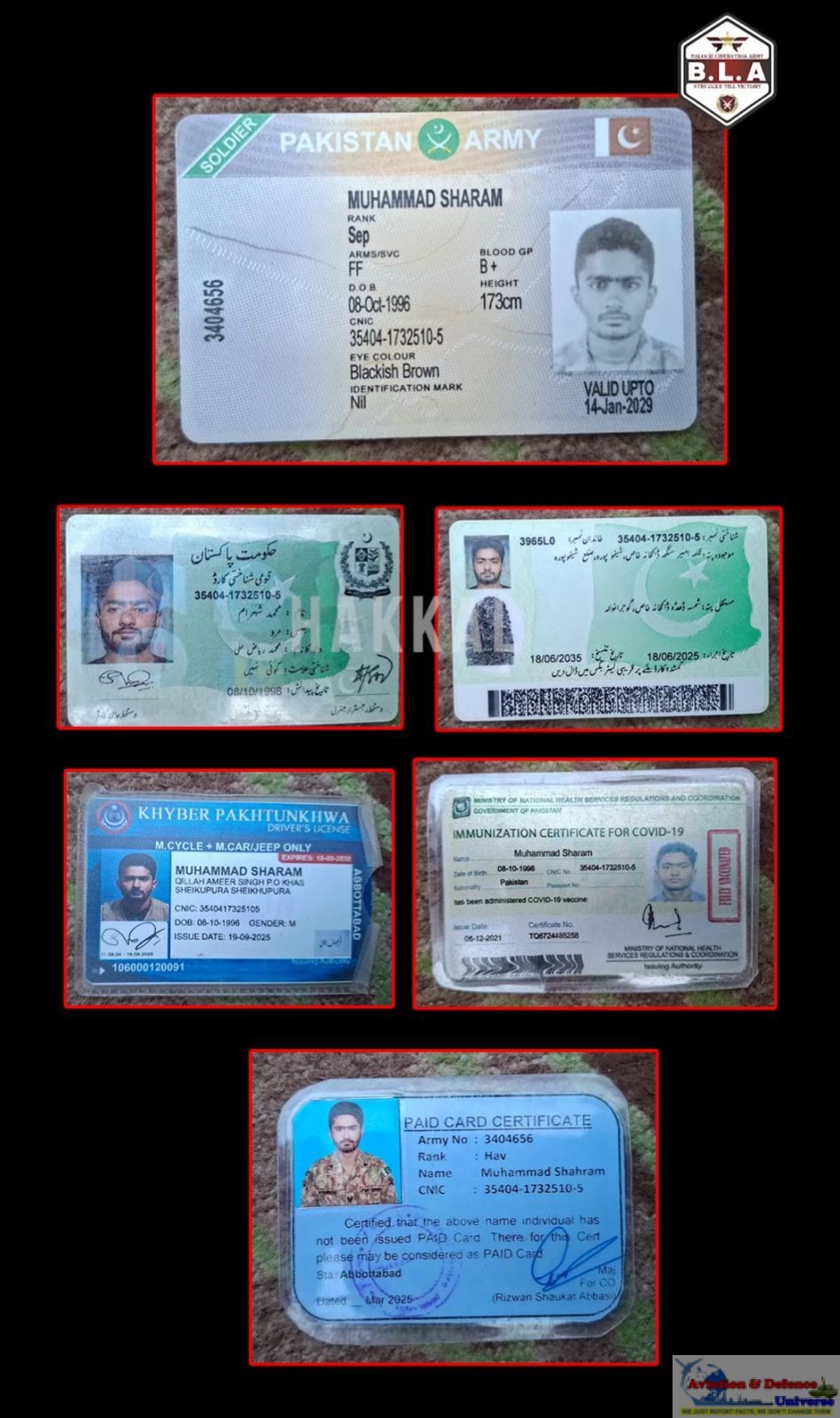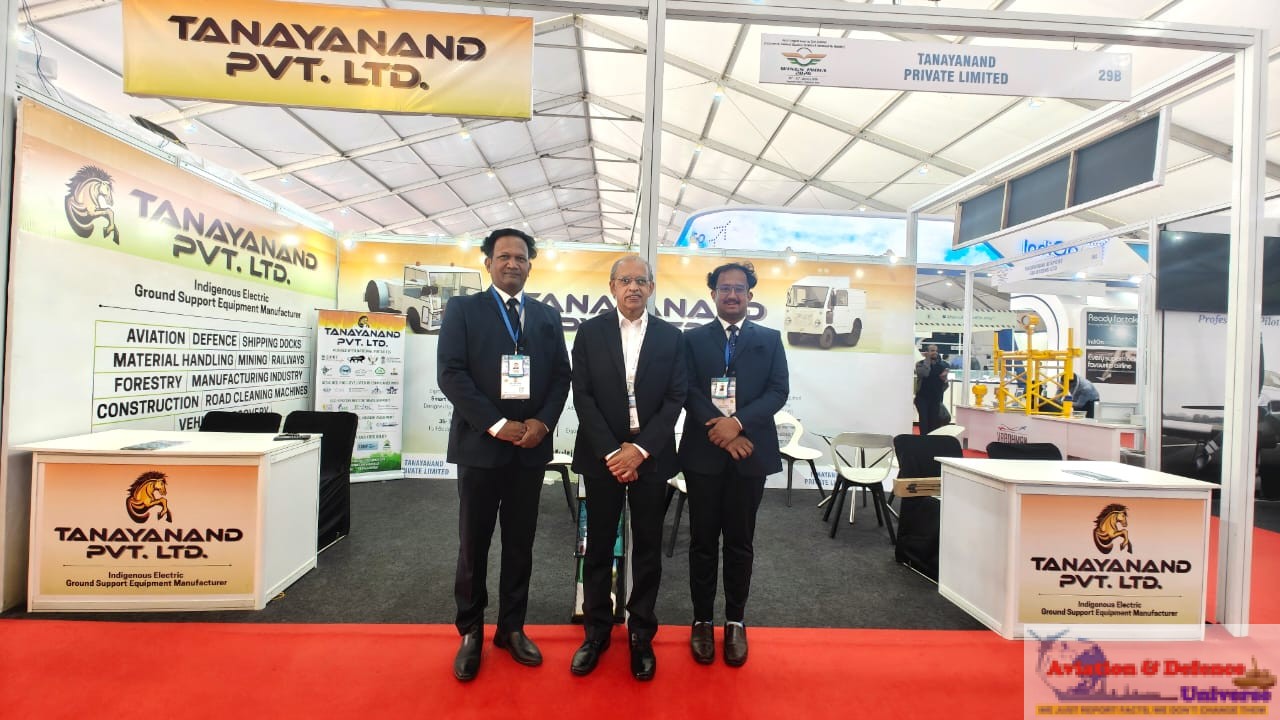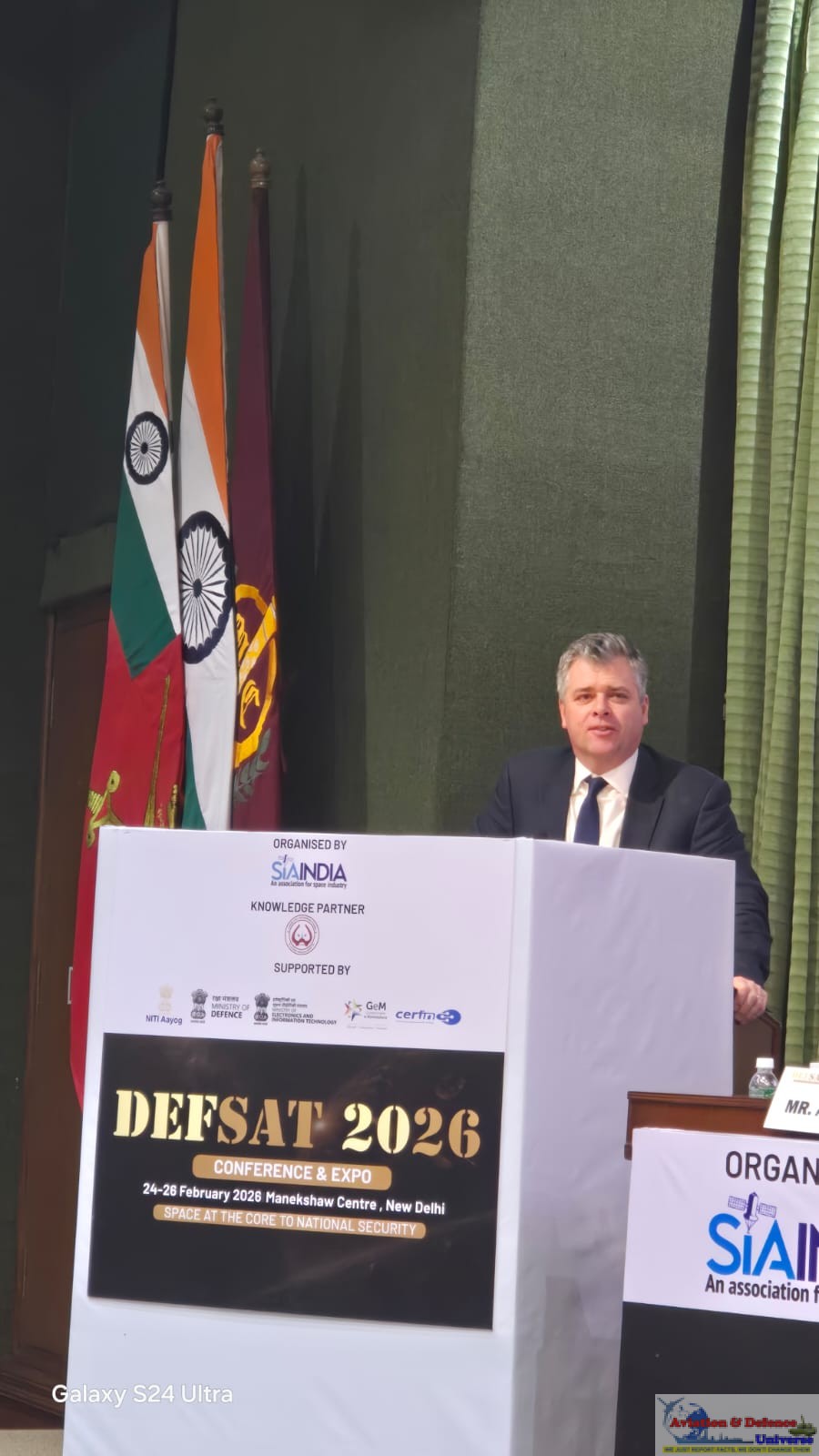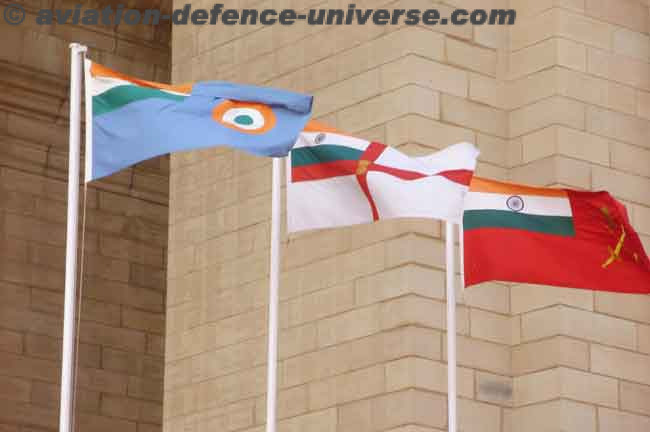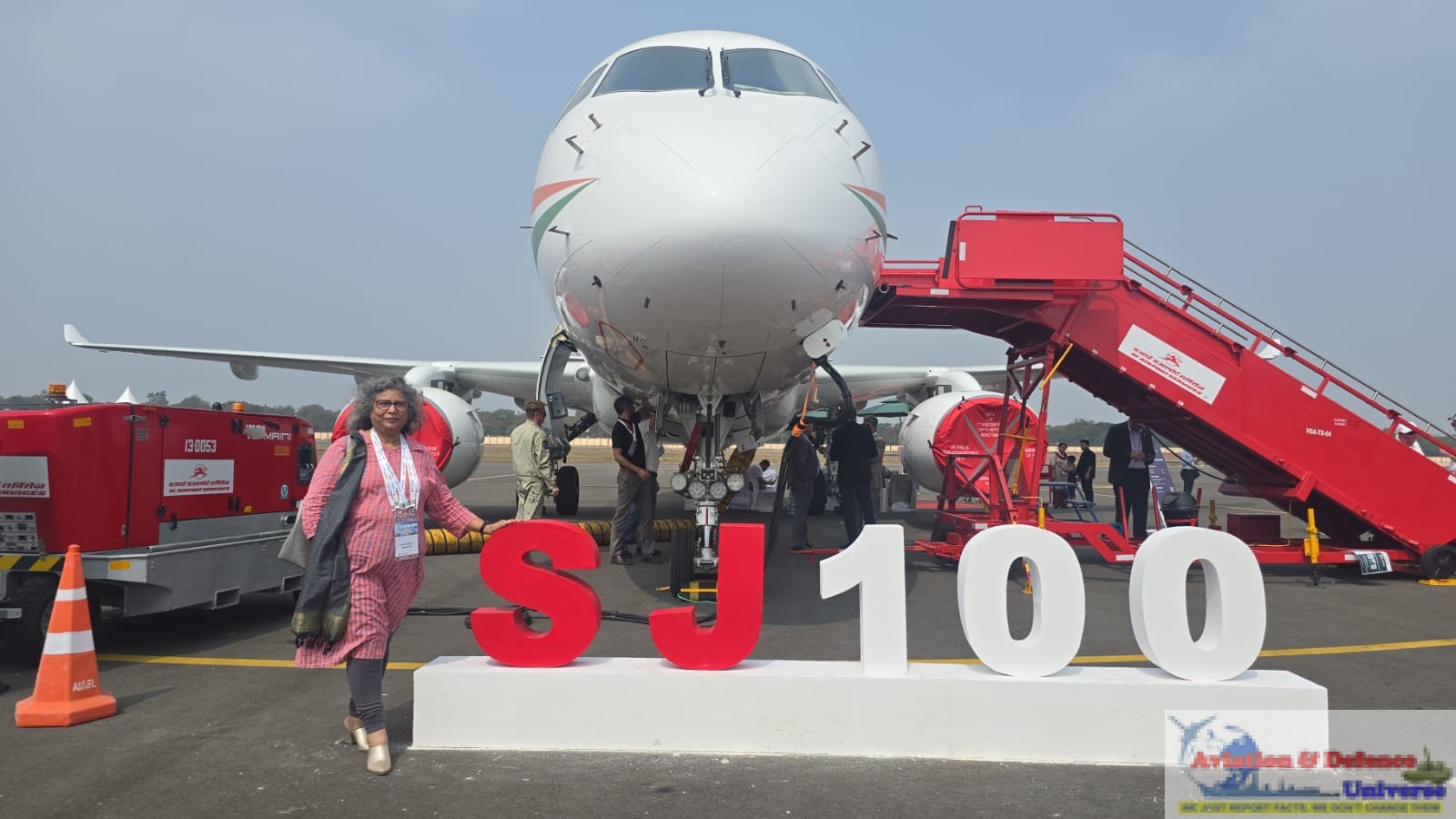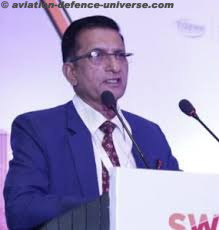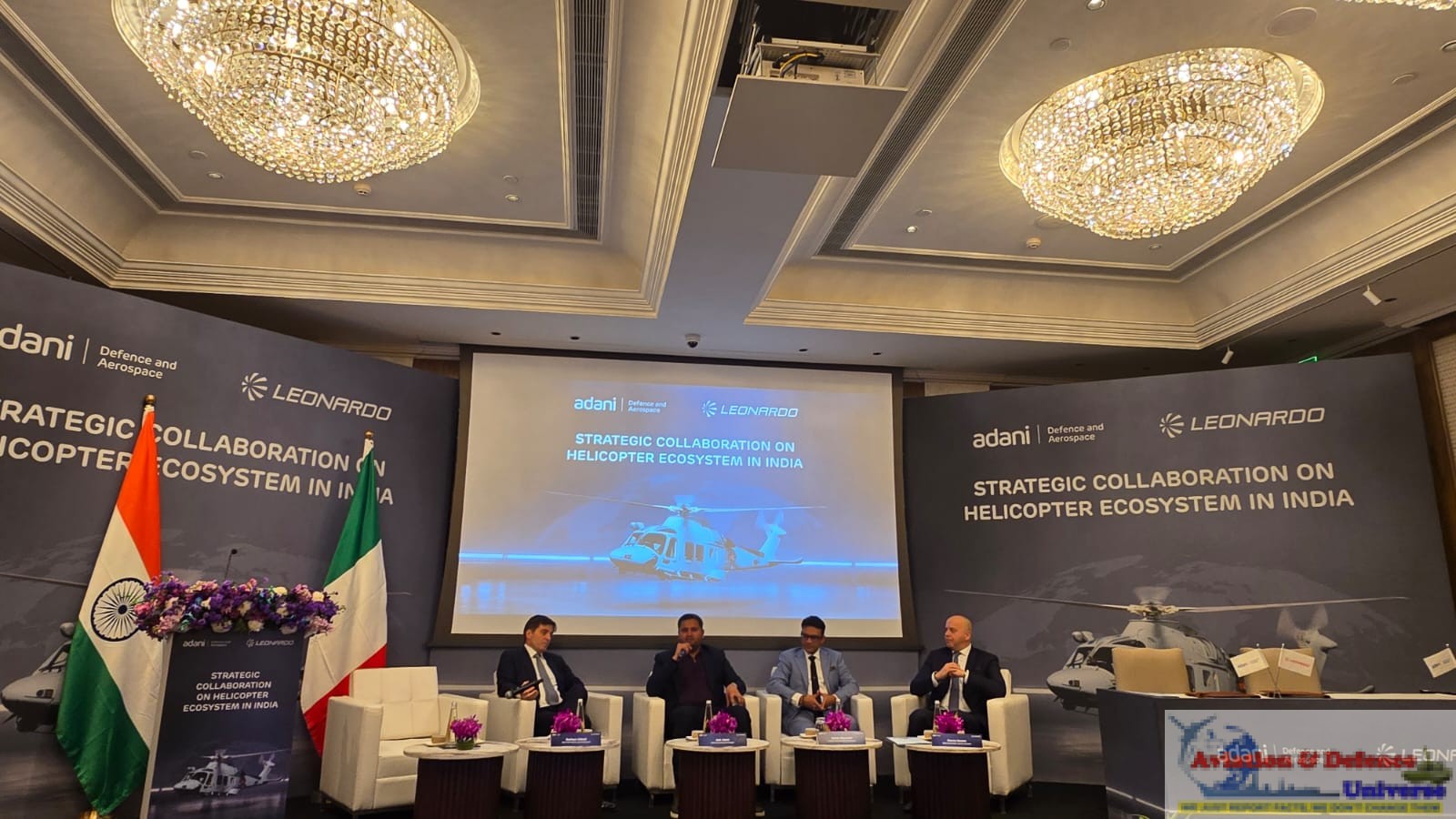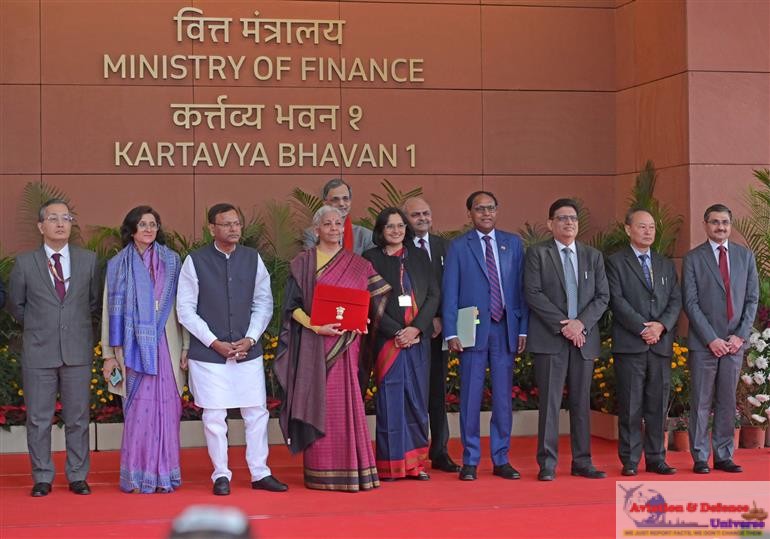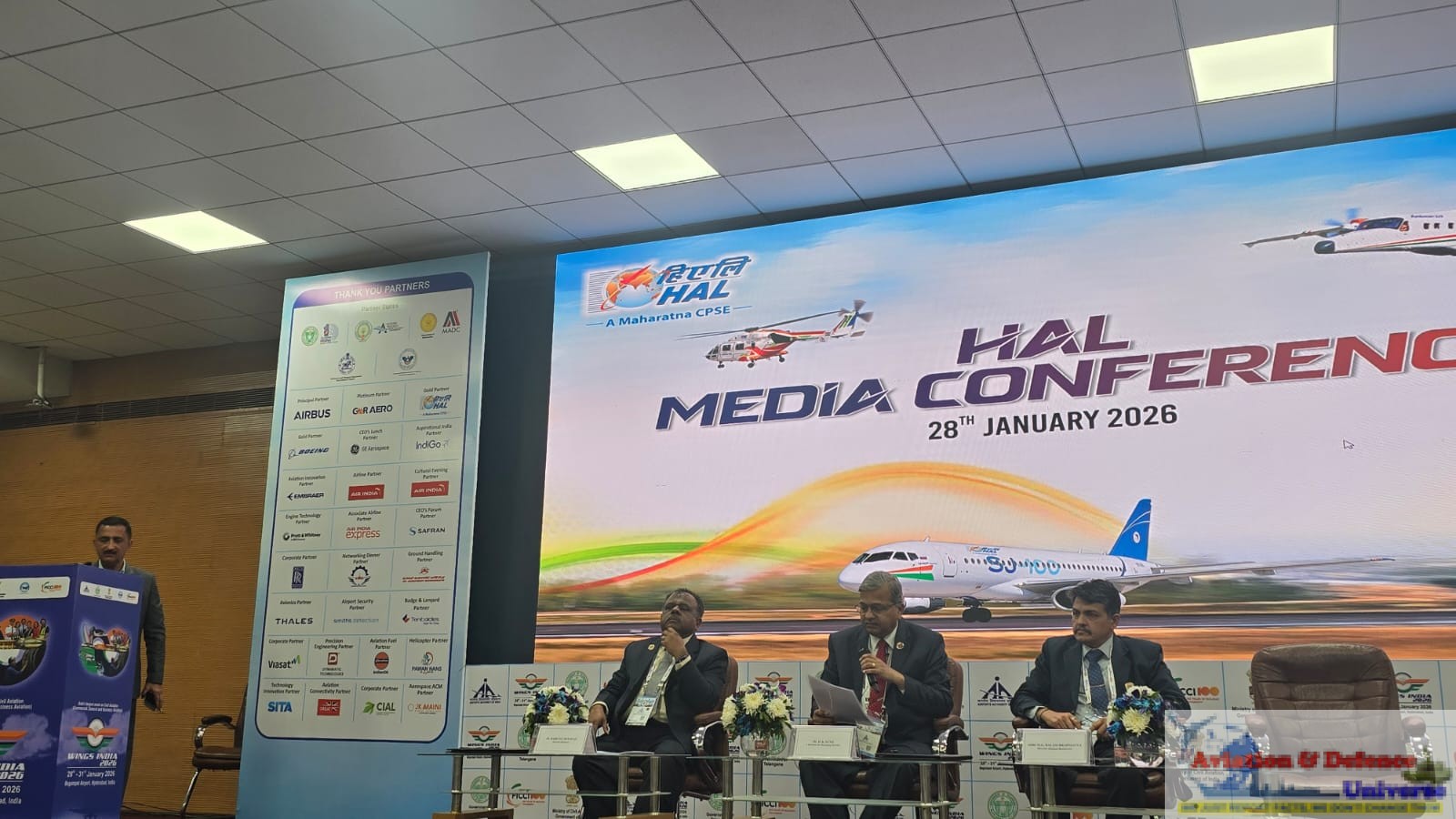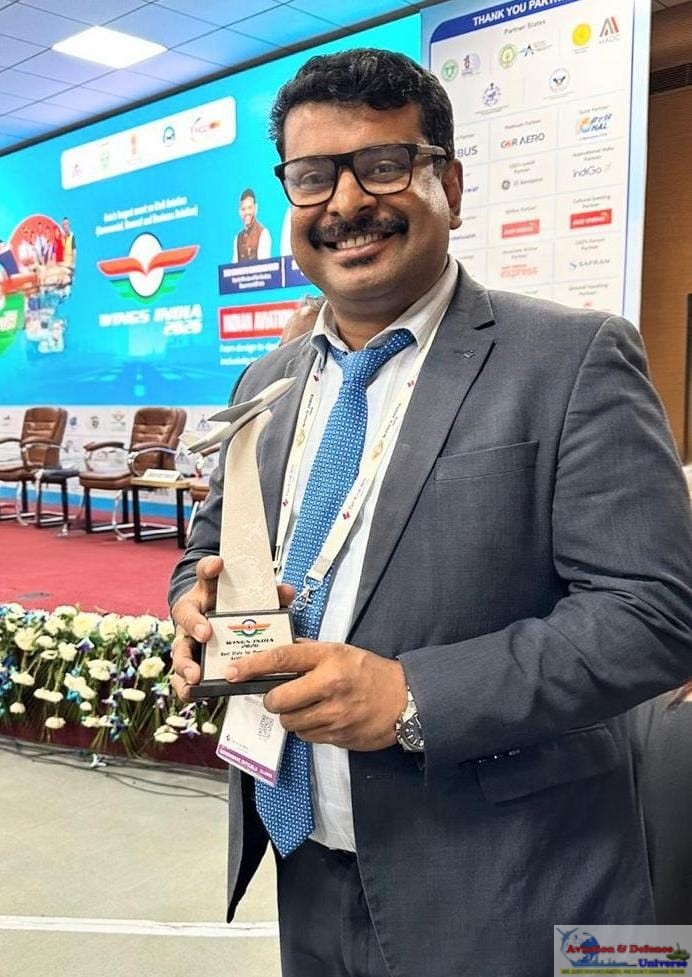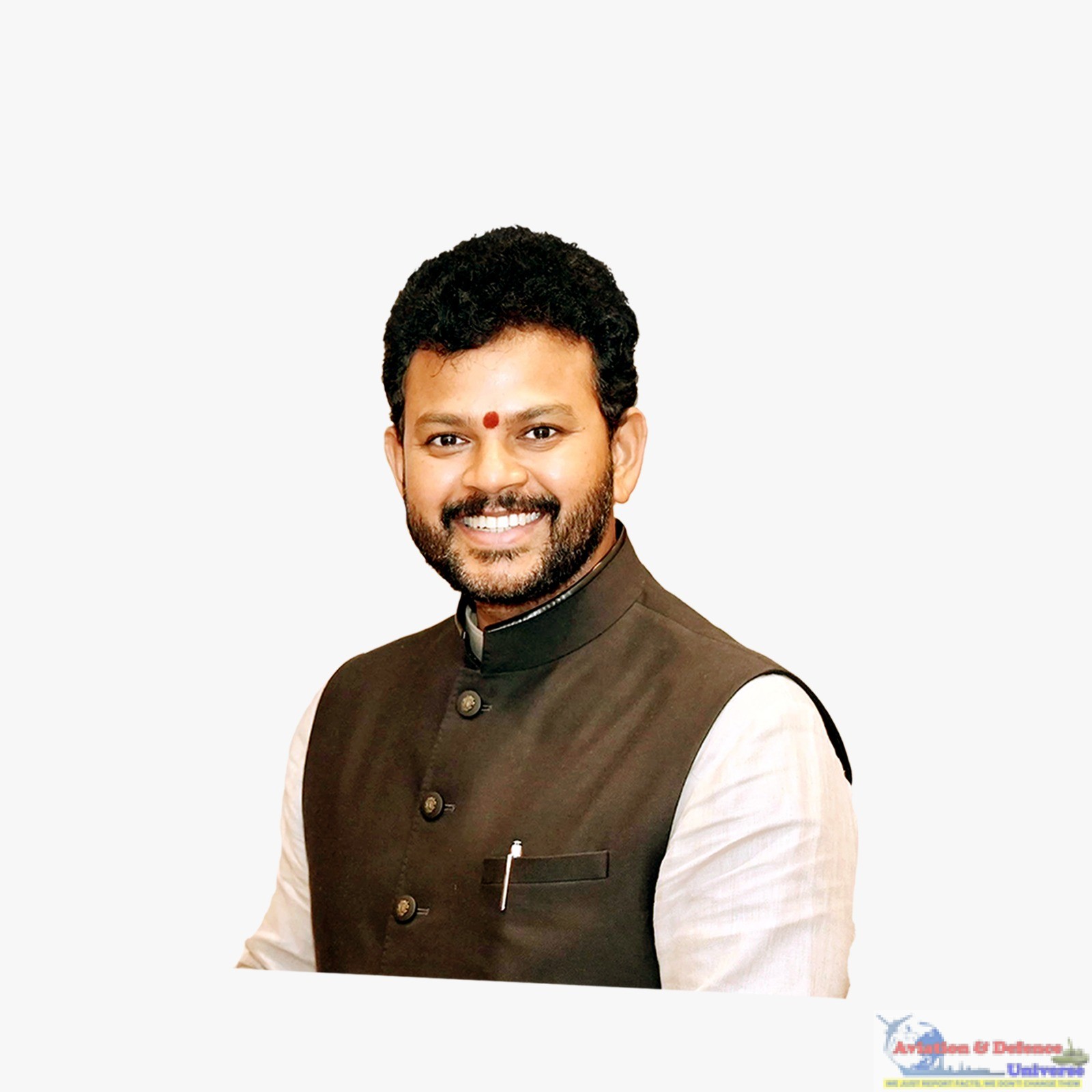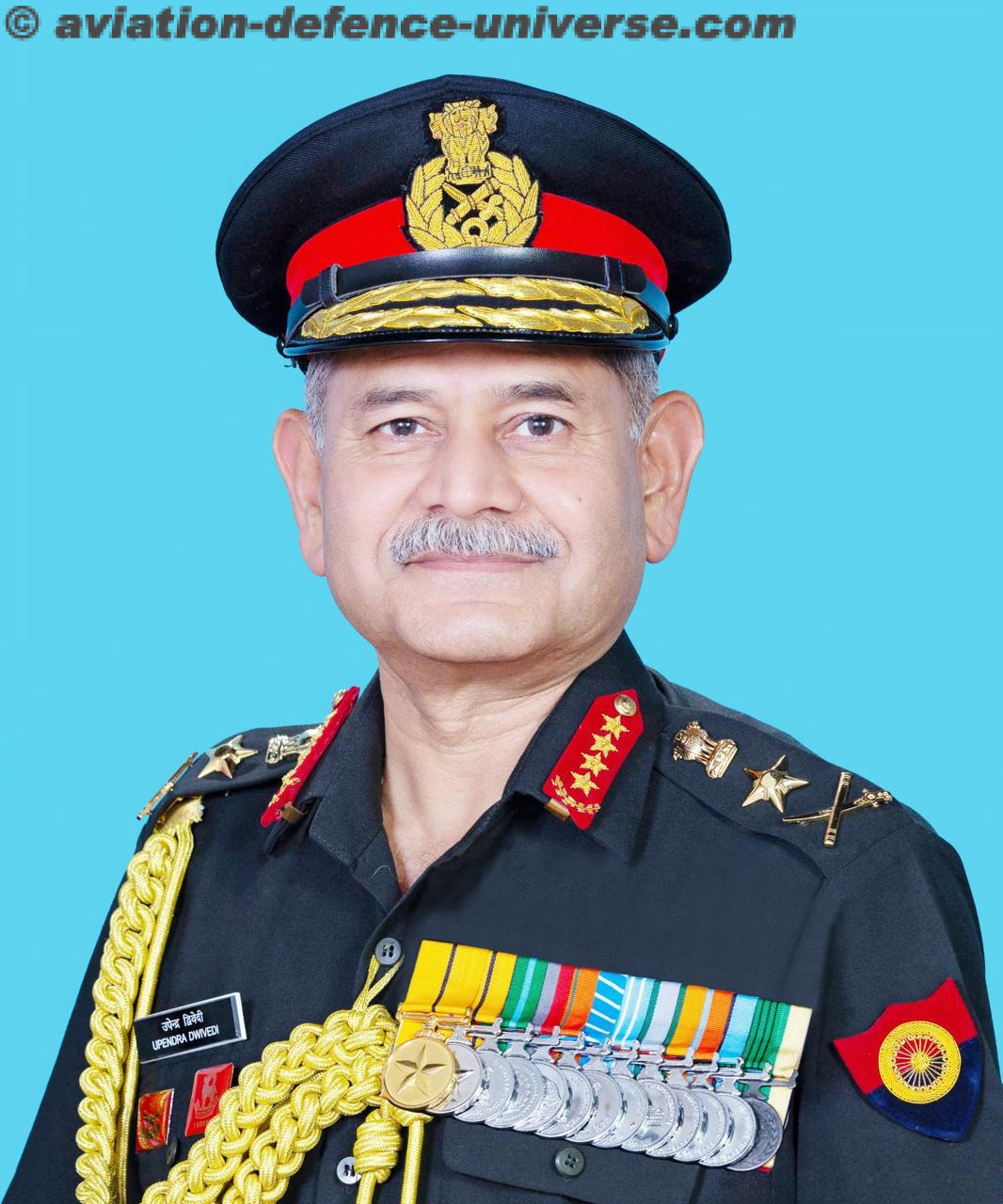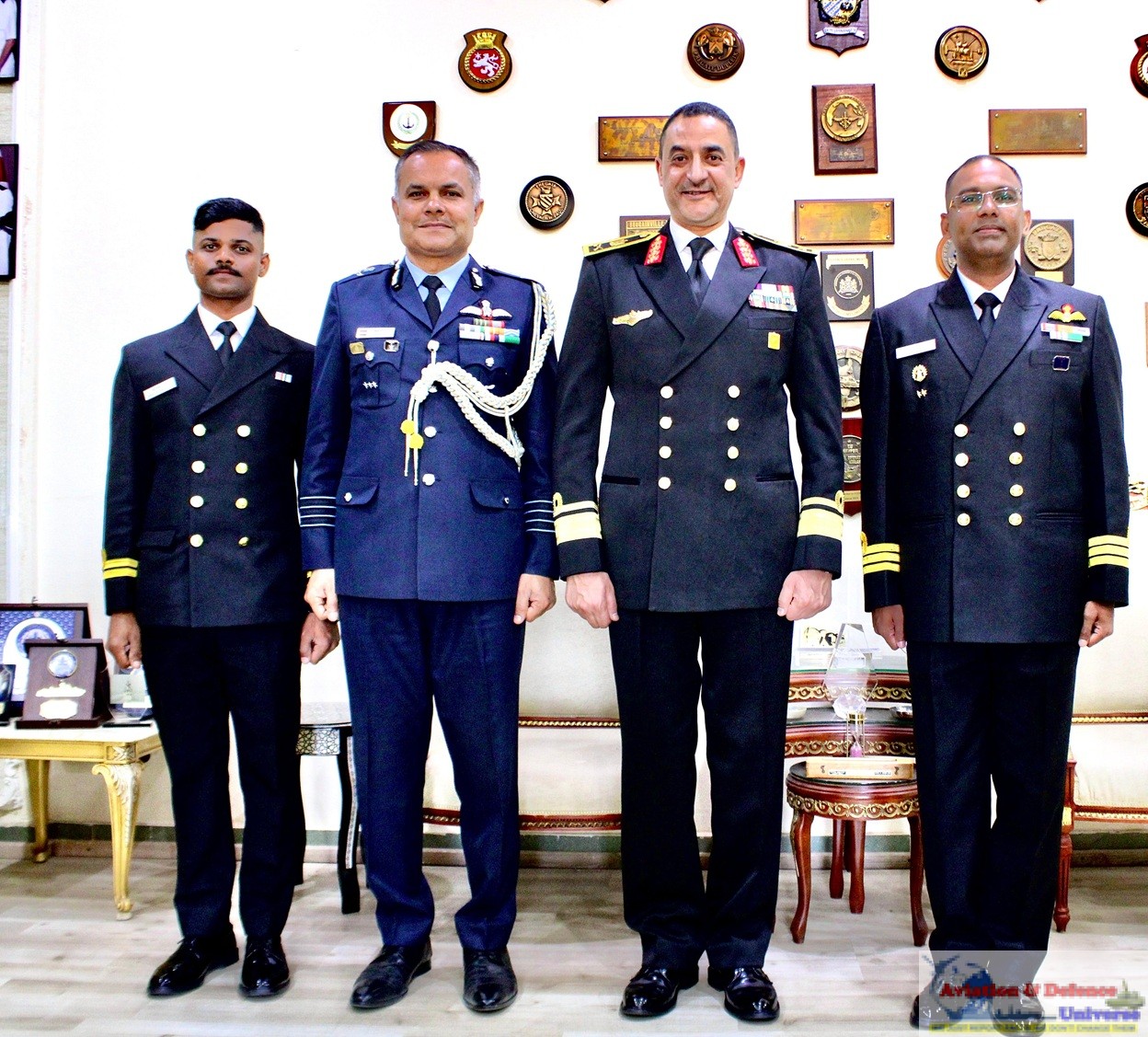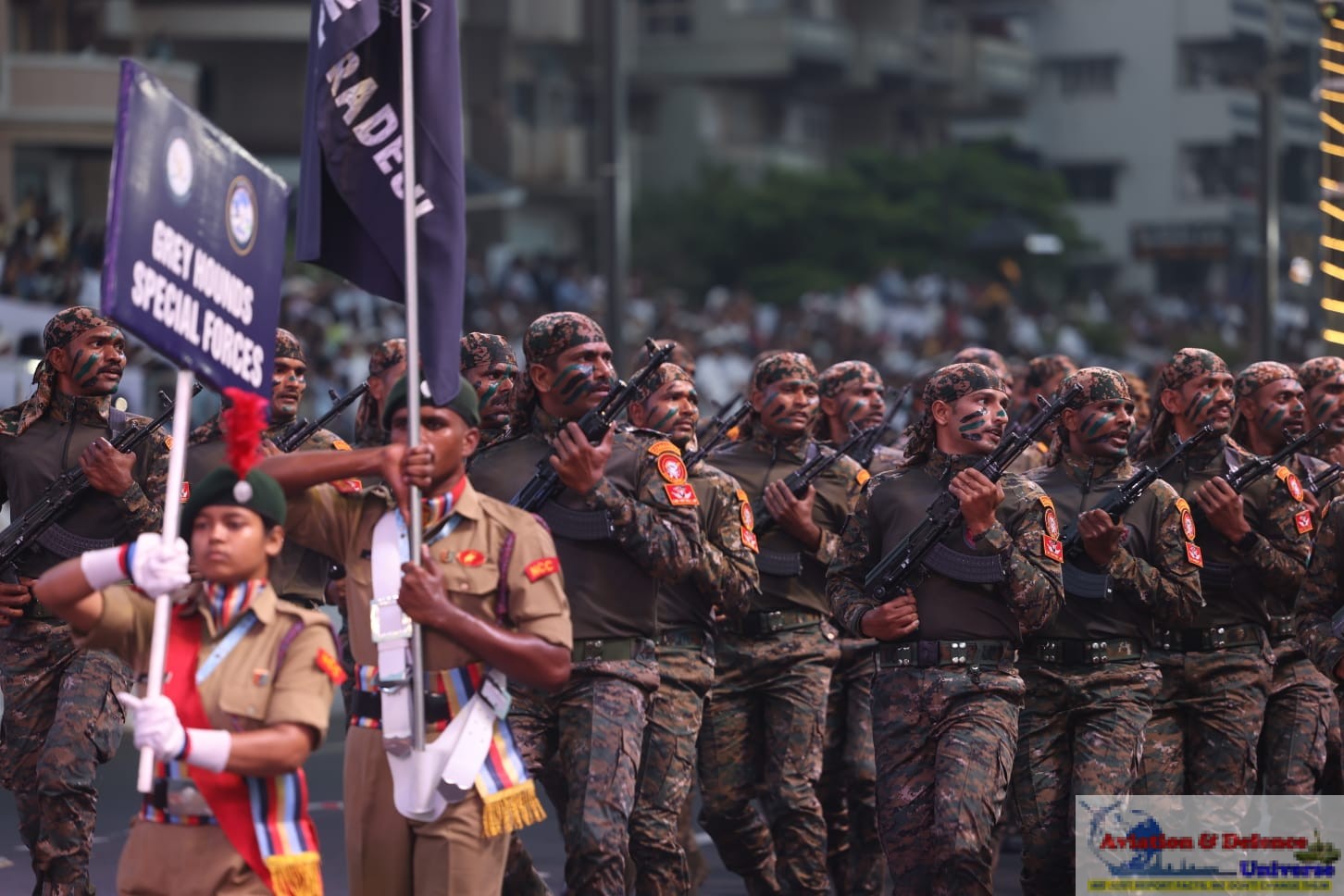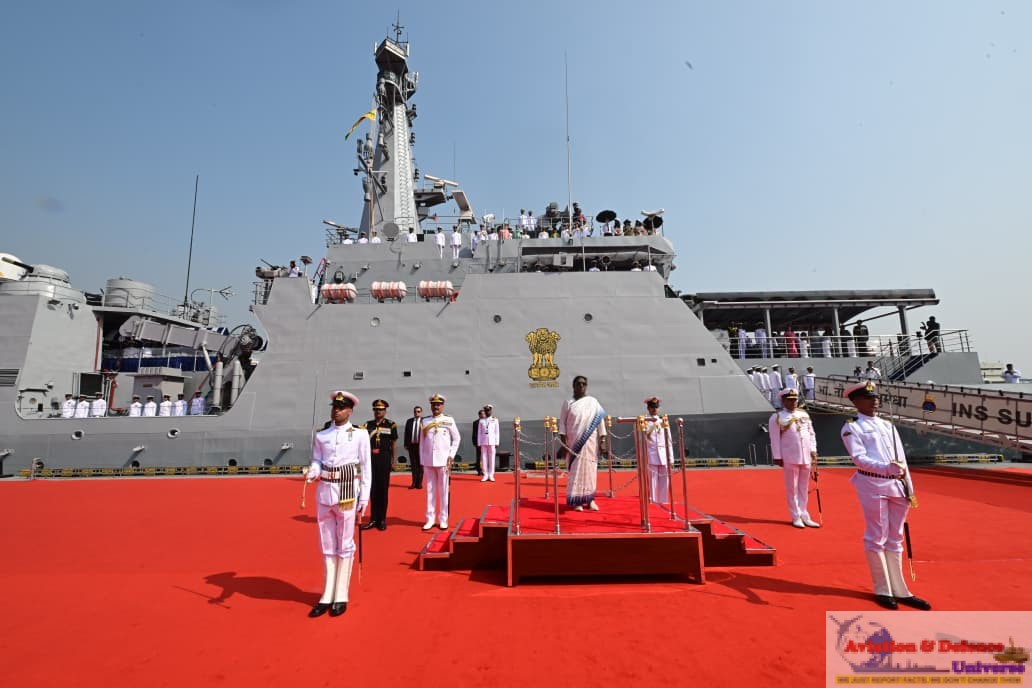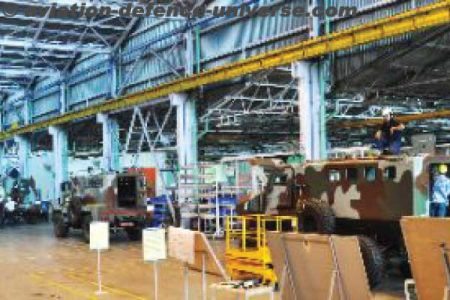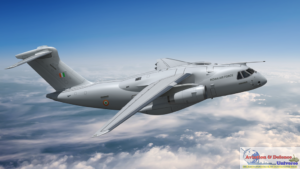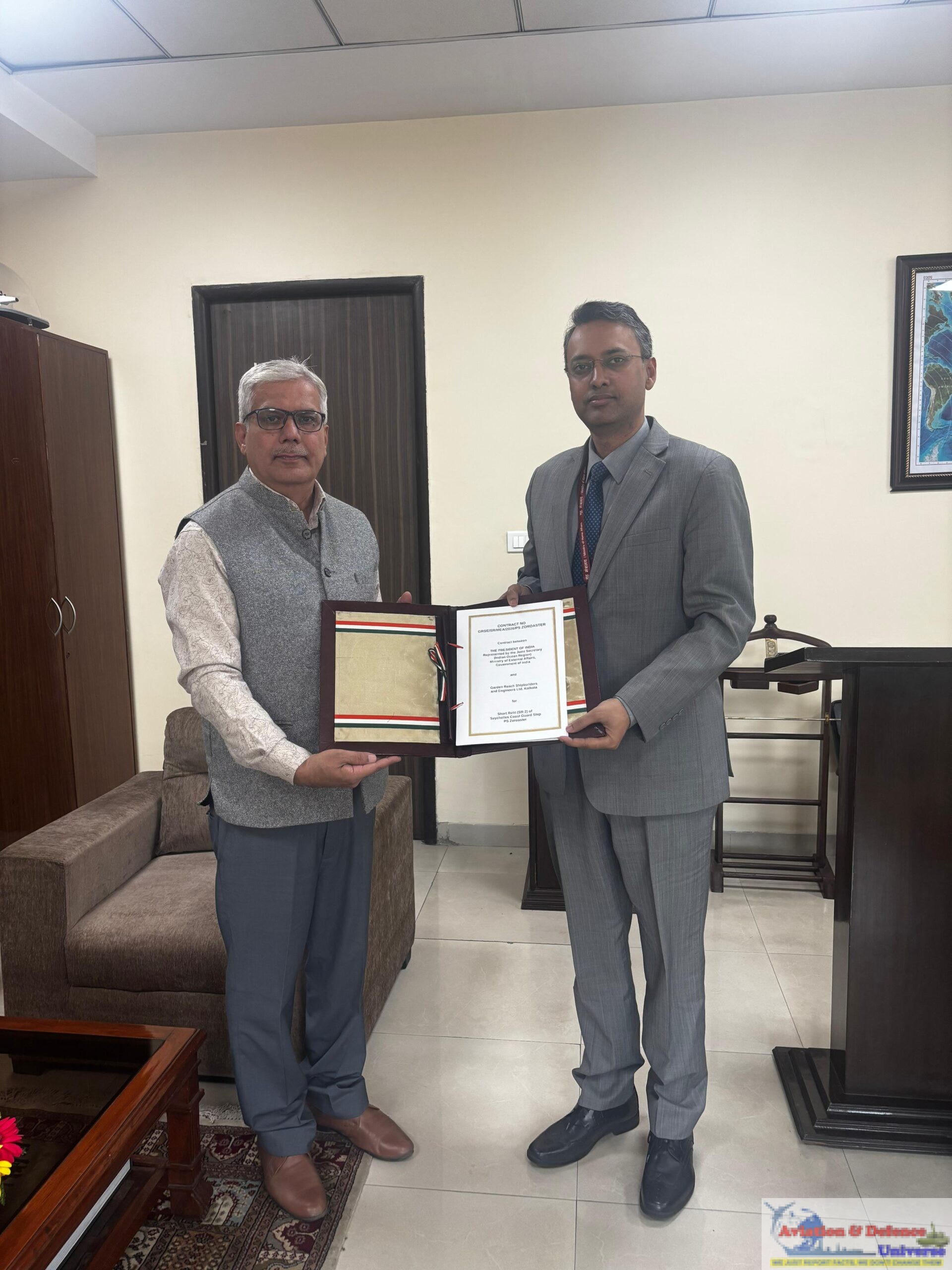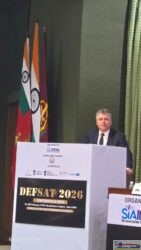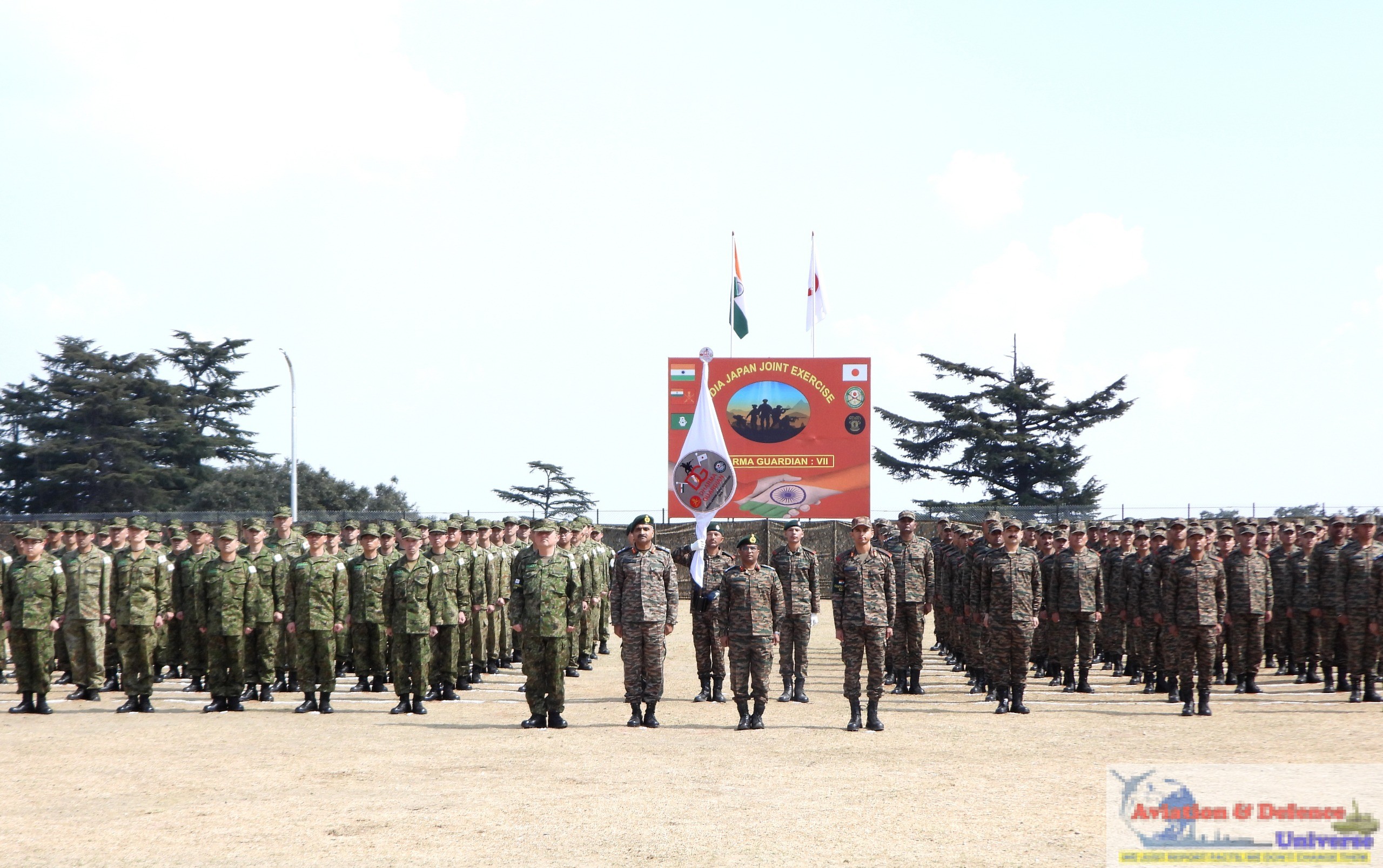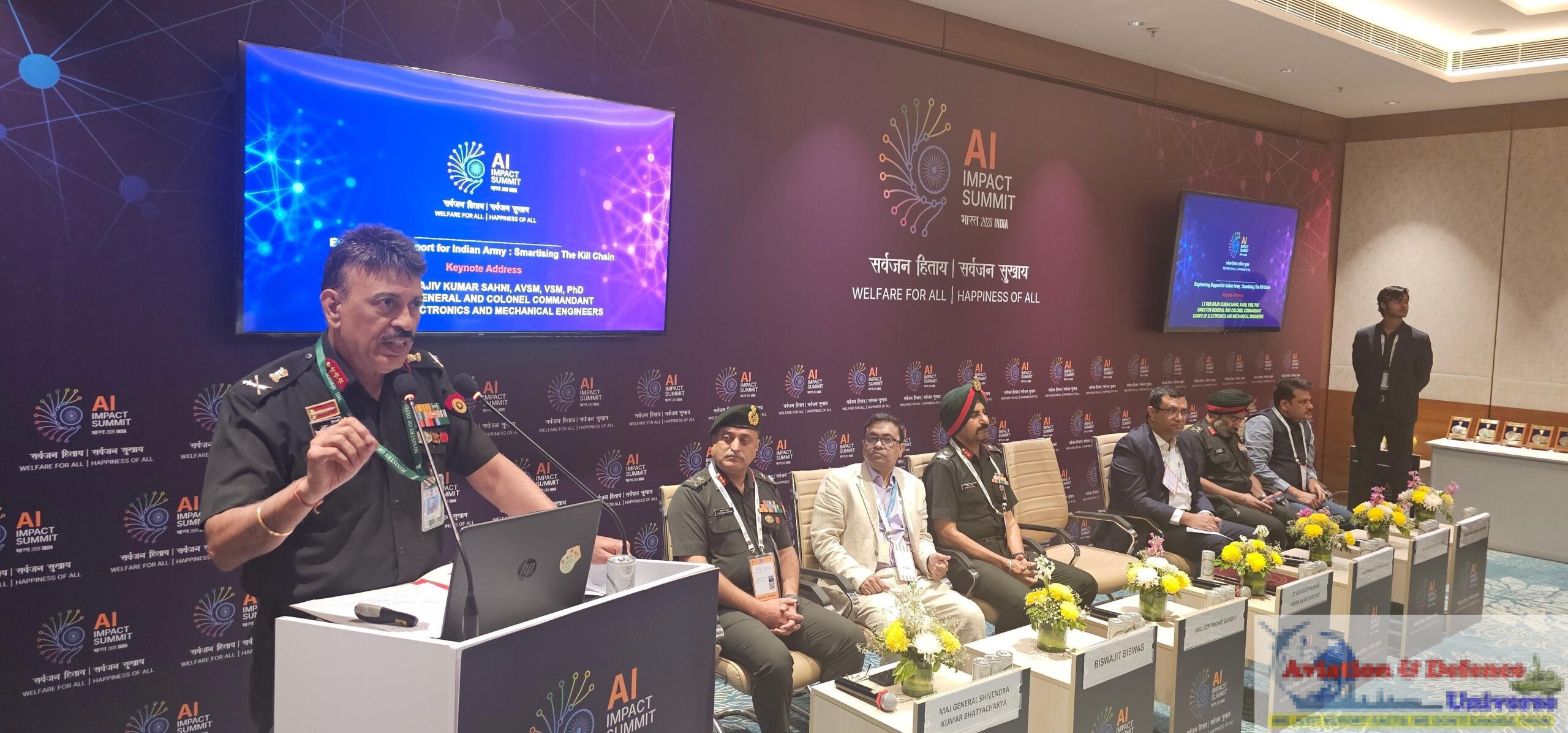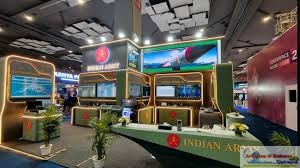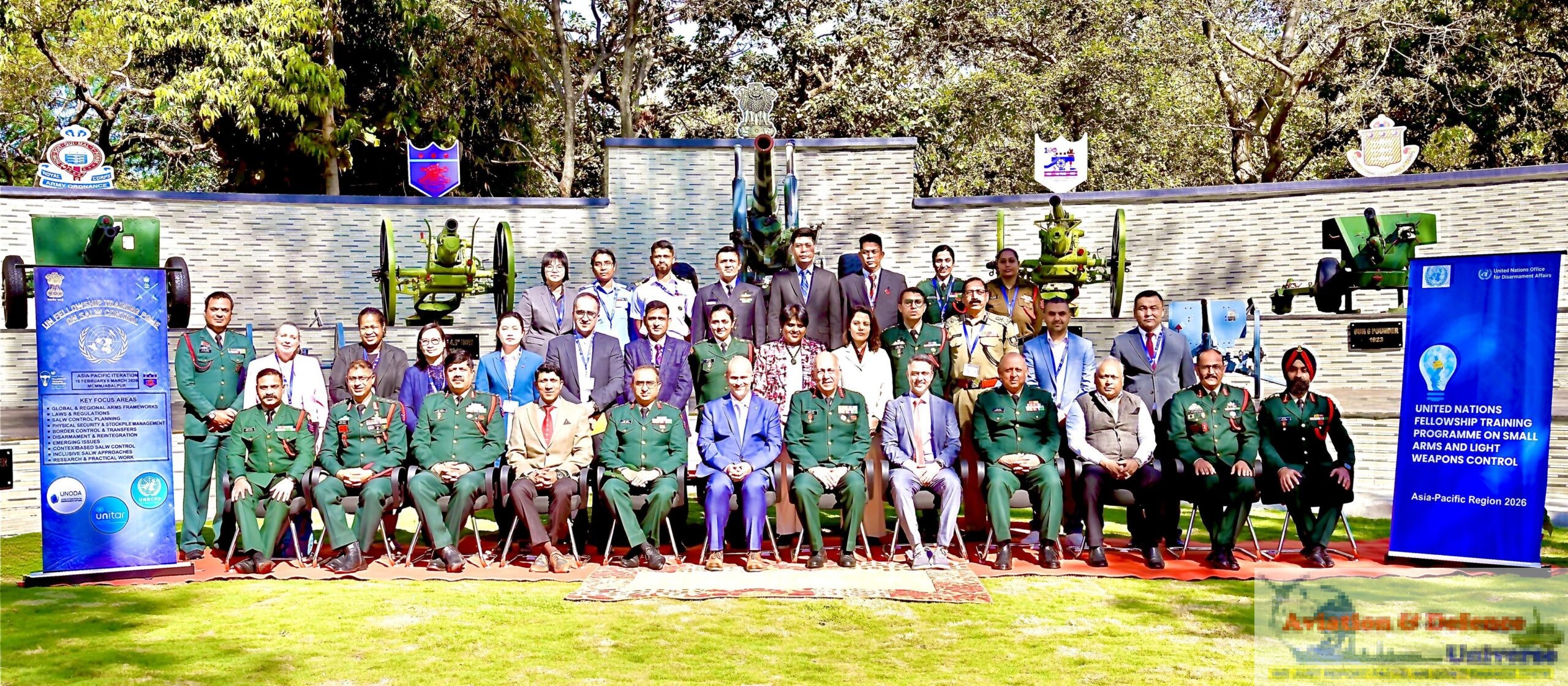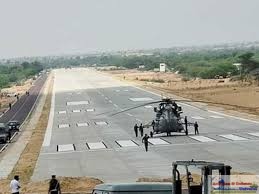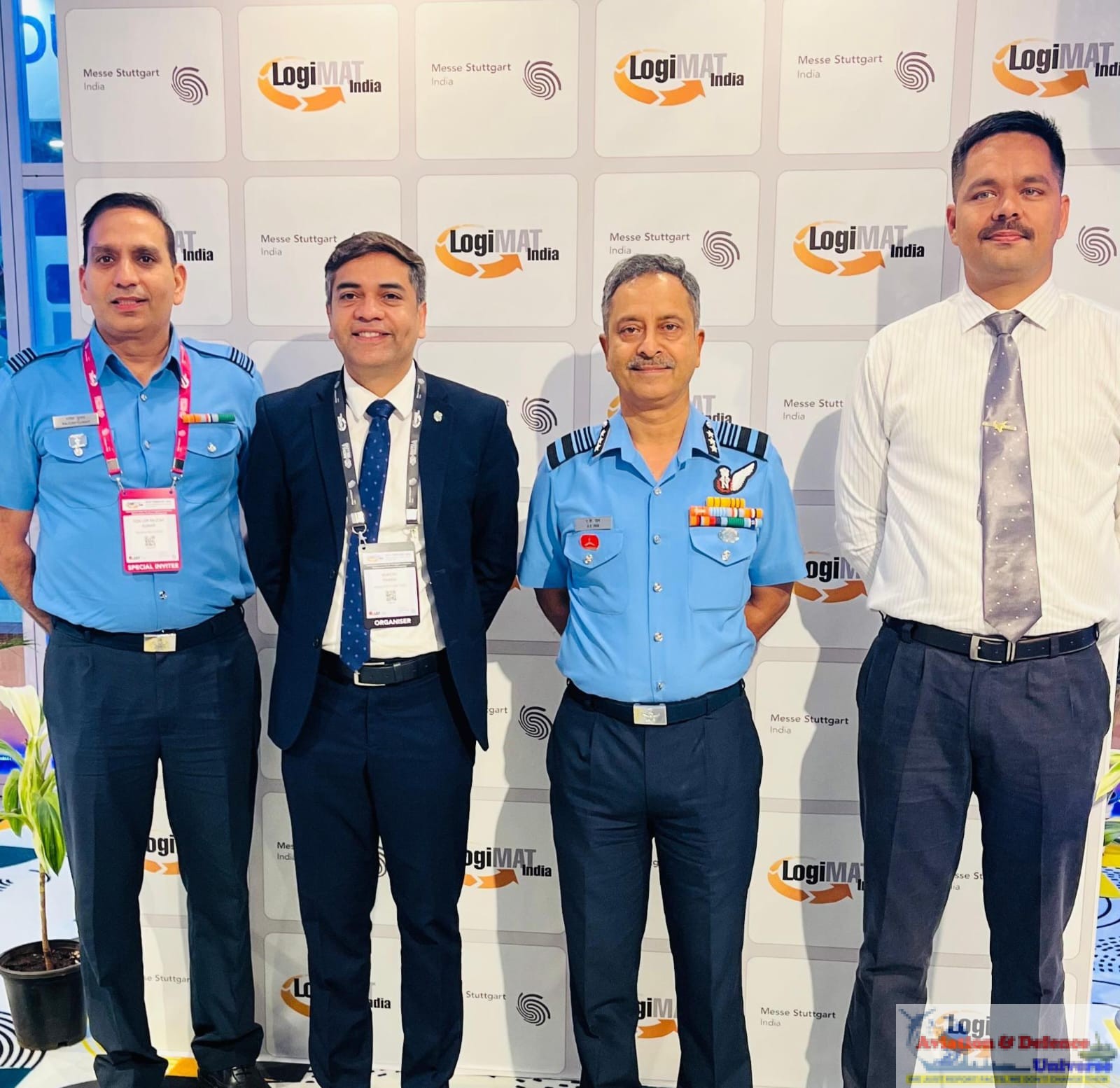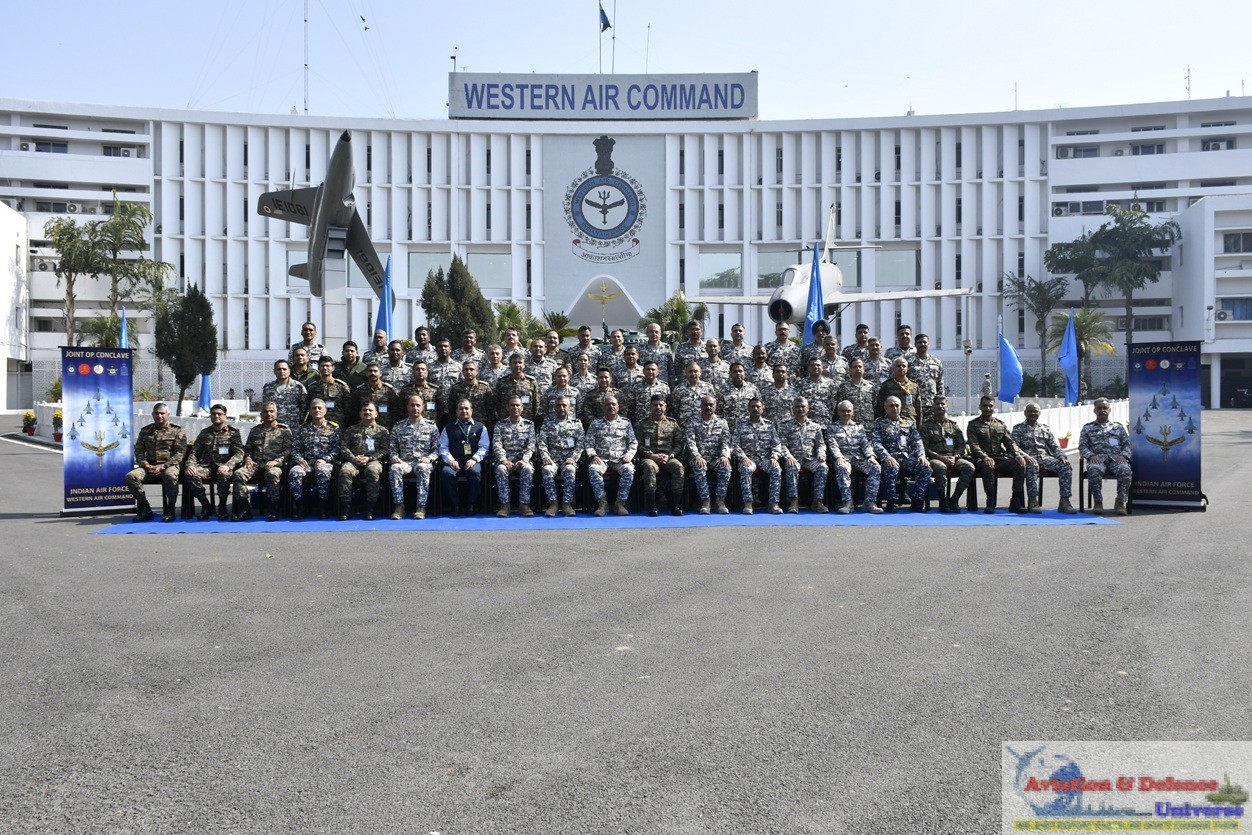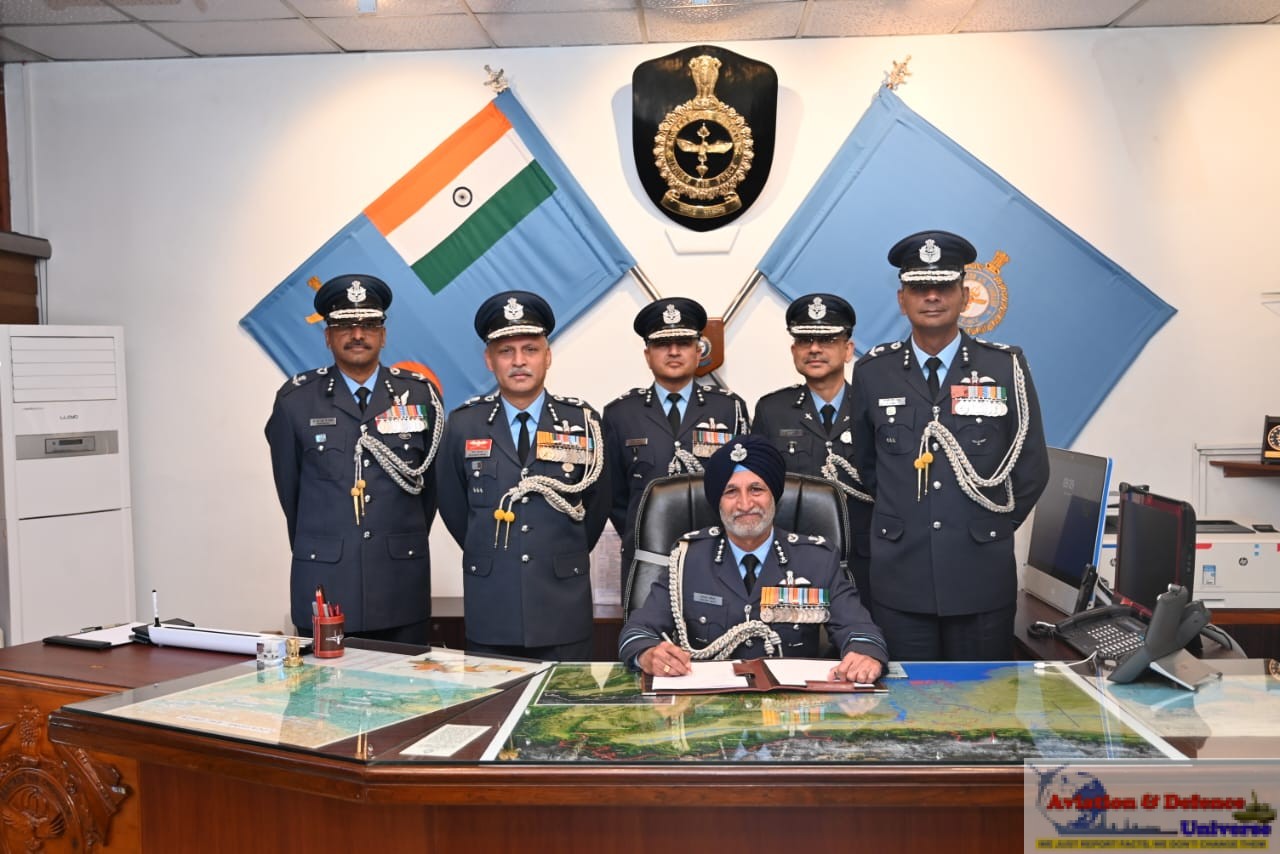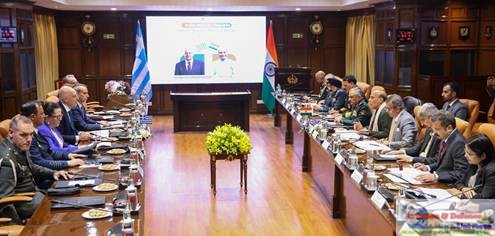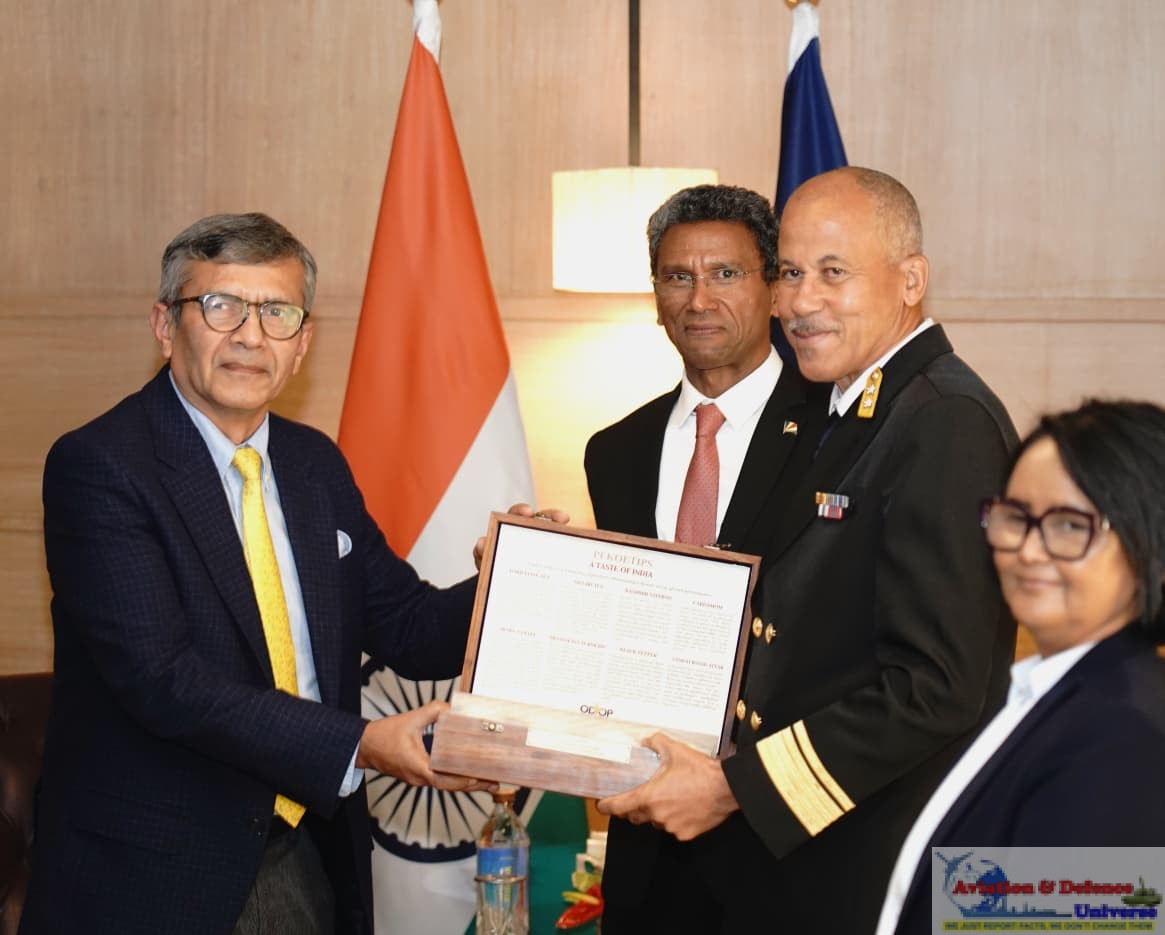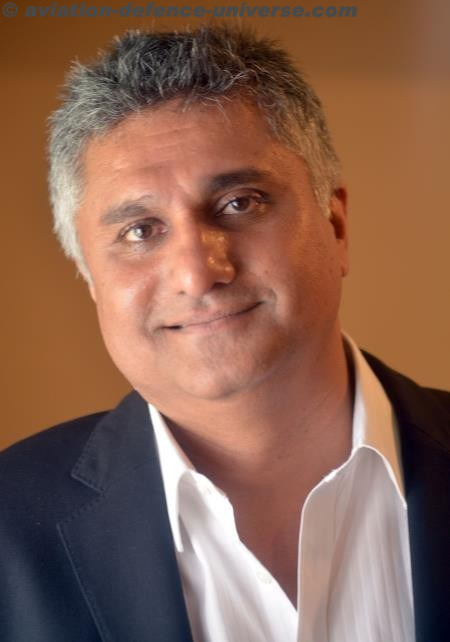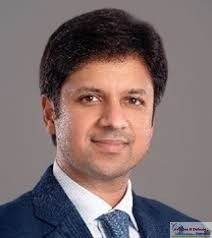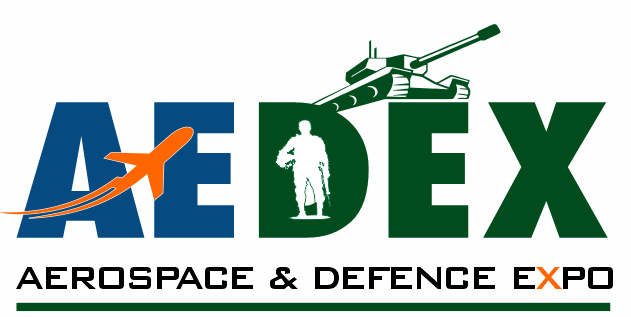By Maj Gen (Dr.) Ashok Kumar, VSM (Retired)
New Delhi. 11 October 2024. There are multiple reasons affecting the effective and critically needed support for the equipment currently in use in the defence forces. Some of the reasons may be non – availability of spares, capacity constraints and unwillingness on part of industry and many more. The state needs to be improved as we have active adversaries on both our borders, Western as well as Northern wherein LOC and LAC both are active.
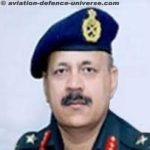
As we move towards the jointness, integration and theatreisation, the intermeshing of MRO support assumes greater importance. The integrated approach of logistics support both during peace and war needs to be aligned to our future operational needs with special focus on MRO support. The envisaged changes will result in newer doctrinal concepts but the tools of war fighting in terms of equipment with Army, Navy and IAF will not be changing that fast being a time taking activity more so when the disruptions due to niche technologies are changing the very concept of war fighting.
India has to manage its legacy, current and future equipment, all at the same time despite varying nature of challenges associated with each category of equipment. The problem becomes more critical for the foreign OEM based products which are yet to be indigenously produced in the country. As is the critically for India to fast-track development of the equipment needed by the Defence Forces indigenously, similar or more pronounced need is to develop capability of MRO support that too in operationally acceptable time frame.
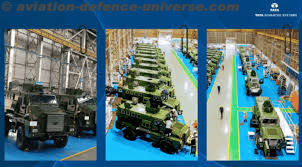
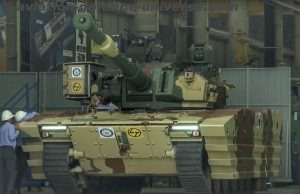
The revitalised MRO support has to focus on combatants at least in TBA whereas it should focus on Public-Private partnership industries including OEMs for MRO support for major repairs/ overhauls beyond the TBA. The ‘Whole of Nation’ approach needs to be developed for this as well. A potent MRO infrastructure combined with forward looking pragmatic policy can result in enhancing the Comprehensive National Power (CNP) in a big way wherein it can usher an era of ‘Maintain in India’ thus enhancing the defence related exports. Large No of veterans who have served as maintainers can play a pivotal role towards this.
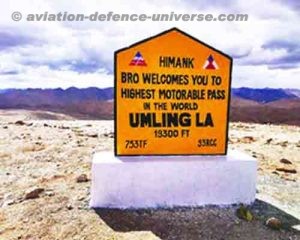
The following end state is desired:
- Clearing of backlog of overhauls of all gun systems, A vehicles and other major equipment in a time bound manner. Condition assessment-based approach will be more pragmatic.
- Ensure that no future backlog emerges.
- Create capacities for quality support to legacy, current and future equipment simultaneously.
- Create structures and capacities not only to ensure that MRO support is provided qualitatively only in the peace stations but is agile enough to ensure this support in the battlefield conditions in the terrains as existing an LOC and LAC besides in other border areas in operationally acceptable timeframe.
- Manpower accretion may look at non retained Agniveers of EME as well as support of Private Sector coordinated by EME. EME Veterans also need to be leveraged.
The world is at the cusp of major disruptions which will result in emergence of a new world order. The present conditions for India are favourable and can be leveraged better once we have full complement of indigenous equipment for our defence forces backed up by a potent and indigenous MRO support.
(Maj Gen Ashok Kumar, VSM (Retd) is Director General Centre for Joint Warfare Studies (CENJOWS), a Kargil war veteran and a defence analyst. He specialises on neighbouring countries with special focus on China. The views in the article are solely the author’s. He can be contacted at editor.adu@gmail.com).


